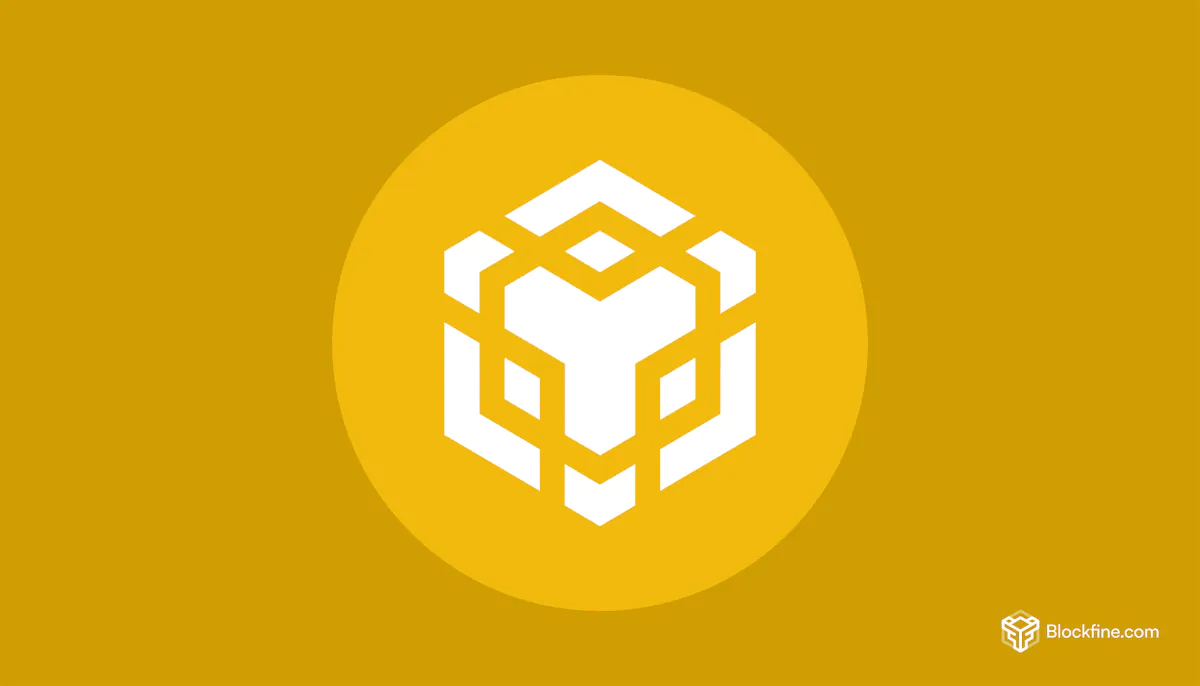Binance Coin (BNB) is a cryptocurrency that plays a pivotal role within the Binance ecosystem, one of the largest and most influential platforms in the cryptocurrency world. Launched in 2017 by the Binance exchange, BNB has grown from being a simple utility token for discounted trading fees to a multifaceted asset with various use cases. This article will provide an in-depth overview of BNB, covering its origin, key features, uses, and future prospects.
What is Binance Coin (BNB)?
Binance Coin (BNB) was introduced in July 2017 through an Initial Coin Offering (ICO) to fund the development of the Binance exchange. Originally issued as an ERC-20 token on the Ethereum blockchain, BNB later transitioned to Binance’s native blockchains—first to Binance Chain and then to Binance Smart Chain (BSC), which now forms part of the BNB Chain ecosystem.
BNB’s primary function at its inception was to provide users with discounts on trading fees on the Binance exchange. However, its role has expanded significantly over the years. BNB is now used for a variety of purposes, including paying transaction fees, participating in token sales, and even facilitating decentralized applications (dApps) on the BNB Smart Chain.
Key Features of Binance Coin
Utility and Use Cases
BNB was originally created as a utility token to offer discounted trading fees on Binance. Users who paid their fees with BNB enjoyed significant savings, making the token an attractive option for active traders. Over time, BNB’s utility has expanded far beyond the Binance exchange. Today, it can be used for a wide range of applications, including:
- Transaction Fees: BNB is used to pay for transaction fees on Binance, Binance DEX, and the BNB Chain. Paying with BNB offers a discount, making it a cost-effective option for users.
- Payments: BNB can be used to pay for services such as travel bookings, entertainment, and online services, thanks to partnerships with various merchants.
- Token Sales: Binance conducts Initial Exchange Offerings (IEOs) through its Launchpad platform, where BNB holders can participate in exclusive token sales.
- Staking and Earning: BNB can be staked to earn rewards on the BNB Smart Chain, contributing to the security of the network while allowing users to increase their holdings.
Binance Coin Burning
One of the unique aspects of BNB is its coin-burning mechanism. Binance has committed to reducing the total supply of BNB by burning coins each quarter, using 20% of its profits to buy back and destroy BNB. This process, which will continue until 100 million BNB (50% of the total supply) are burned, is designed to decrease supply, potentially increasing the value of the remaining tokens over time.
BNB Chain and Binance Smart Chain
BNB operates on the BNB Chain, which comprises two parallel blockchains: the BNB Beacon Chain (formerly Binance Chain) and the BNB Smart Chain (BSC). The BNB Beacon Chain focuses on governance, allowing BNB holders to participate in staking and voting. Meanwhile, the BNB Smart Chain supports smart contracts and is compatible with the Ethereum Virtual Machine (EVM), making it a popular platform for decentralized applications.
Development and History
Binance was founded by Changpeng Zhao (often referred to as CZ) in 2017. The BNB token was launched shortly before the Binance exchange began operations, with the ICO raising funds to develop the platform. Initially, BNB was issued as an ERC-20 token on the Ethereum blockchain. However, with the launch of the Binance Chain in 2019, BNB transitioned to its own blockchain.
In 2020, Binance introduced the Binance Smart Chain, a parallel blockchain that brought smart contract functionality to the ecosystem, further enhancing BNB’s utility. This move positioned BNB as a central player in the growing decentralized finance (DeFi) space, as well as in the burgeoning market for non-fungible tokens (NFTs).
The Future of Binance Coin
BNB’s future looks promising as it continues to be deeply integrated into the Binance ecosystem. The expansion of the BNB Chain and the increasing adoption of Binance Smart Chain for DeFi and dApps are likely to drive further demand for BNB. Moreover, the ongoing coin burns will continue to reduce supply, potentially boosting BNB’s value over time.
However, BNB also faces challenges, particularly in the form of regulatory scrutiny. Binance has encountered regulatory issues in multiple countries, which could impact the future of BNB if not managed carefully. Despite these challenges, BNB remains a cornerstone of the Binance ecosystem, with a strong community and a wide array of use cases that make it a key player in the cryptocurrency market.
Conclusion
Binance Coin (BNB) has evolved from a simple utility token to a multi-functional asset that underpins one of the most significant ecosystems in the cryptocurrency world. With its broad range of use cases, including transaction fee discounts, staking, and participation in token sales, BNB is more than just a speculative investment—it is a critical component of the Binance platform and its associated blockchain networks. As Binance continues to grow and innovate, BNB is likely to remain a vital part of the crypto landscape for years to come.
